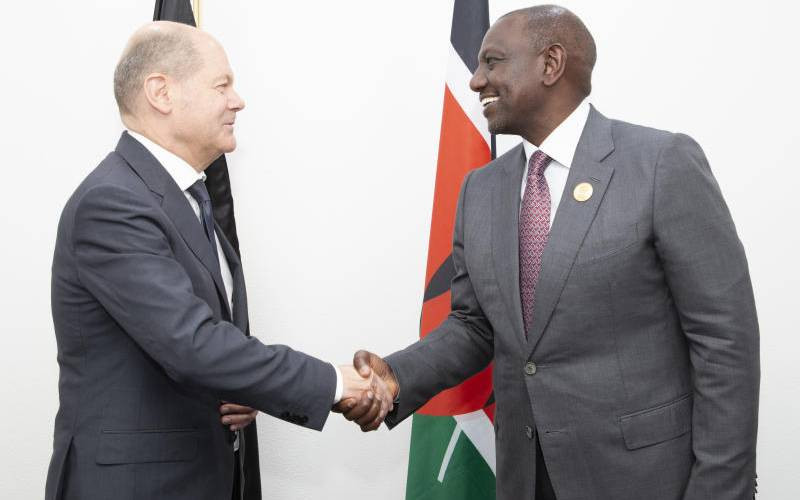×
The Standard e-Paper
Home To Bold Columnists

Confusion has rocked President William Ruto's job promise abroad, just hours after his return from Germany, where he indicated that he had secured an agreement to facilitate the jobs cause.
This follows Germany's Federal Ministry of Interior and Community denying reports pointing to the signing of a labour agreement with Kenya to accommodate 250,000 Kenyan workers.